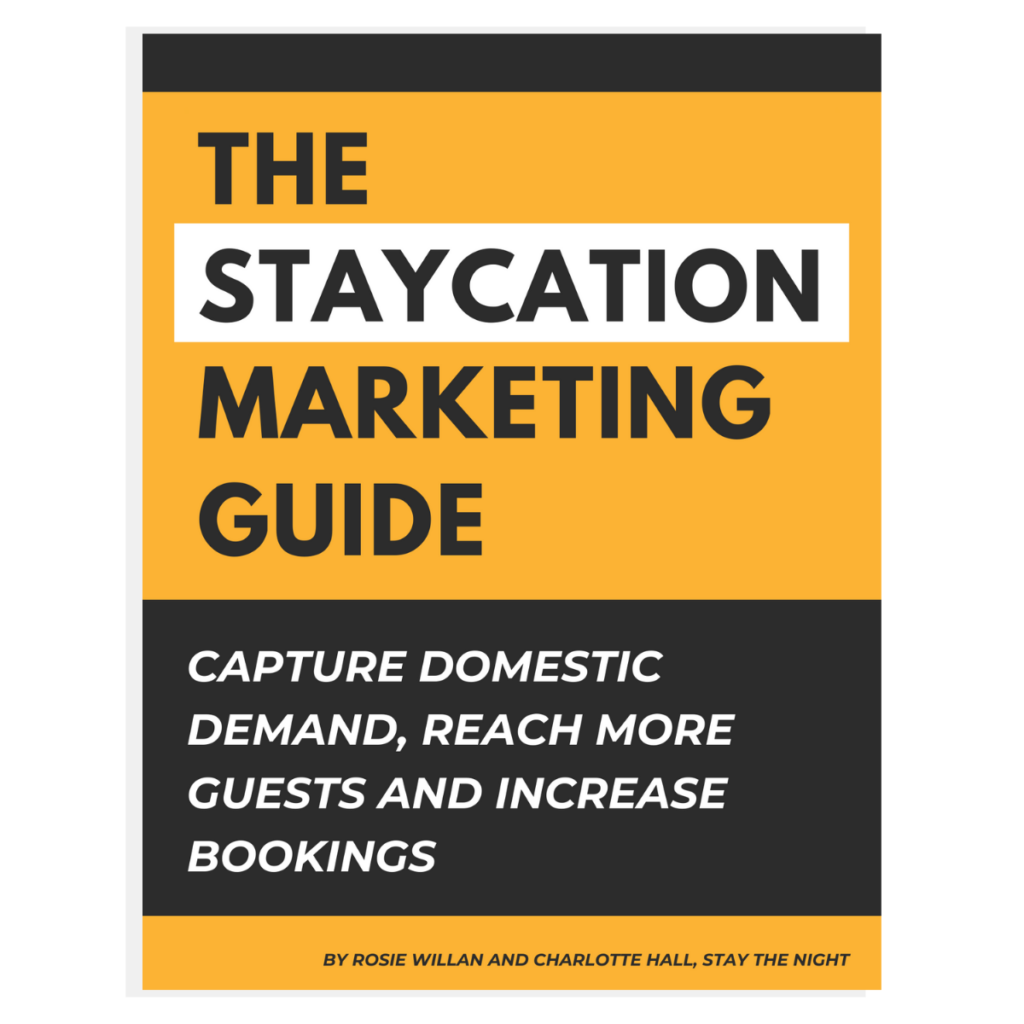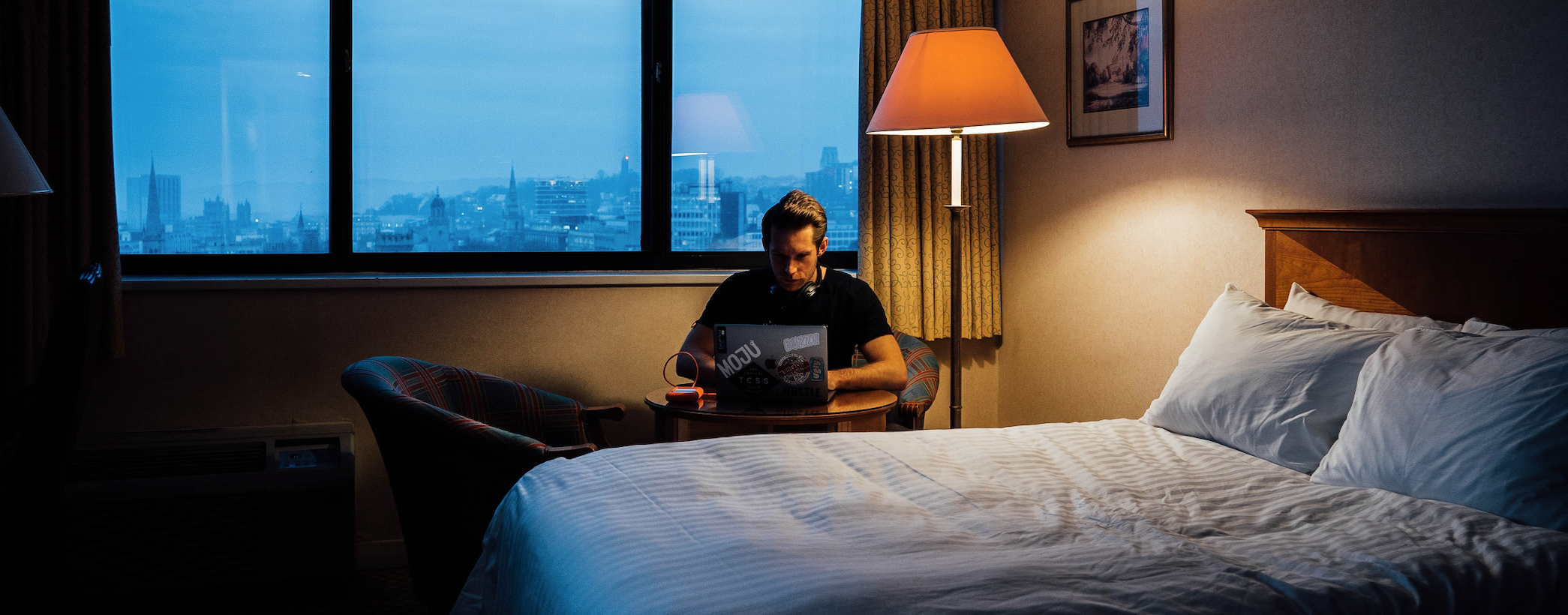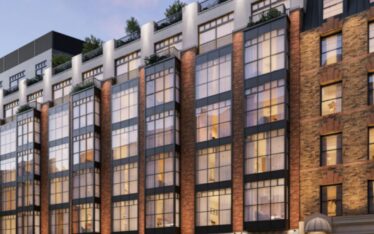Want to keep up to date with industry news? We give you a rundown of what’s going on and offer our insight.
HYBRID MODEL CAN INCREASE TURNOVER BY 20%
As we’ve mentioned in recent months, the hybrid model is here to stay and – judging by their latest report – global real estate advisor Colliers think so, too. But this new type of hospitality doesn’t just benefit guests – for many hotel and hostel operators, multi-functional spaces may prove the key to recovering lost revenue following the COVID-19 pandemic.
While the hybrid concept was emerging long before this year’s unexpected crisis, it’s safe to say that the way people live and work has transformed in recent months. This rapid change has accelerated the number of businesses now adopting a hybrid model, from hotels expanding to include coliving and rentals to restaurants and bars becoming takeaways and shops practically overnight.
As the likelihood of office workers returning full-time post-lockdown decreases and remote working continues to rise, more people than ever before are seeking less traditional spaces to work from outside of their own homes. And it makes business sense for hotels and hostels to rise to this demand – in their latest report, Colliers predicts that hotel operators who provide coworking spaces could increase turnover by up to 20%.
A number of hotel brands have already had great success offering coworking. Take, for example, The Hoxton hotel group who capitalised on the existing popularity of their lobbies with workers by introducing their ‘Working From_’ concept at their Southwark site earlier this year.
As the world around us continues to evolve, it’s vital that your business is innovating to meet the changing demands and needs of your guests. And that’s exactly why we believe that hybrid hospitality is the future of the industry.
Are you planning your move into the hybrid space? If so, check out our Hybrid Hospitality blog post series – so far, we’ve covered how to market to multiple audiences and how to market a coliving space.
US TRAVELLERS CITE PRIORITIES FOR HOTEL STAYS
Face coverings for employees, utilising technology to reduce direct contact and suspending daily housekeeping of rooms are the top priorities for boosting potential guests’ confidence in staying at a hotel, according to a survey by the American Hotel & Lodging Association (AHLA).
The survey – which was conducted among 2200 US adults, almost half of whom are frequent travellers – found that 87% of respondents would feel more comfortable if employees wore face coverings, 86% prefer the suspension of daily housekeeping and 85% want brands to utilise technology in order to reduce direct contact.
Other popular measures to make guests more comfortable include installing transparent barriers at front desks, adding floor markings to promote social distancing and providing clear signage for washing hands. The survey found that when these enhanced cleaning and safety protocols are implemented, eight out of 10 respondents stated they would feel very comfortable staying in a hotel.
In terms of general factors influencing a potential guest’s booking decision, it’s no surprise that hotel and amenity cleanliness is now the most important consideration. This shows how vital it is to not only implement these measures, but clearly communicate online about the steps you are taking in order to avoid missing out on bookings.
PEOPLE ON THE MOVE AGAIN?
A recent study by leading professional services firm PwC has found that those who have travelled have reported a ‘substantial increase’ in booking confidence.
While ever-changing quarantine rules are causing some ‘would-be’ travellers to stay at home, many of those that have travelled will do so again with 58% expecting to book additional air travel within the next three months (compared to 46% in their April survey).
In the wake of the pandemic, the survey also found that brand loyalty is in a state of flux. More than 37% of respondents stated they are likely to switch airlines and 41% are likely to switch hotels based on factors such as hygiene and price.
Another significant finding in this report for travel and hospitality brands is that respondents stated in ‘no uncertain terms’ that they do want to hear from brands about the safety measures implemented.
As both this survey and the survey conducted by AHLA have demonstrated, it is absolutely imperative for your brand’s recovery that you are clearly communicating the breadth of the protocols and measures you have put in place to reassure potential guests.
COLIVING ENQUIRIES SURGE BY 136%
According to the latest figures released by Built Asset Management, enquiries for coliving spaces increased by 136% between June 2019- 2020 in London.
This marked rise in demand for flexible shared living in the UK capital presents a prime opportunity for coliving brands and accommodation providers looking to enter the market.
Of those seeking to share their rental properties with other tenants in an official co-living capacity, the average age of those that enquired was 29 years of age.
Looking for tips on how to market your coliving space? Check out our blog post here.

Download your FREE copy of The Staycation Marketing Guide which will help you capture domestic demand and boost bookings on the road to recovery from the COVID-19 pandemic.
This 75+ page ebook includes:
- Our unique 5 step guide to building your own staycation package
- 20+ worksheets and templates
- Actionable tips and strategies that are proven to boost bookings



